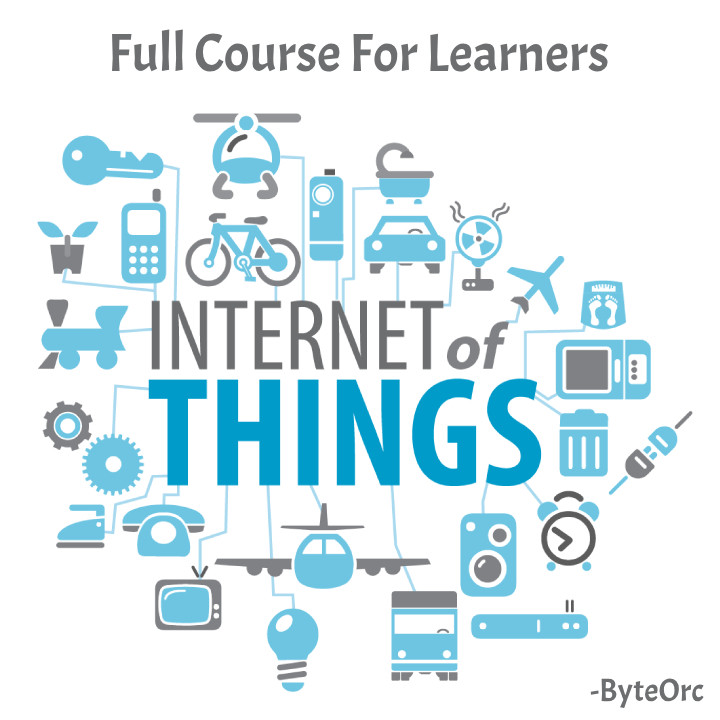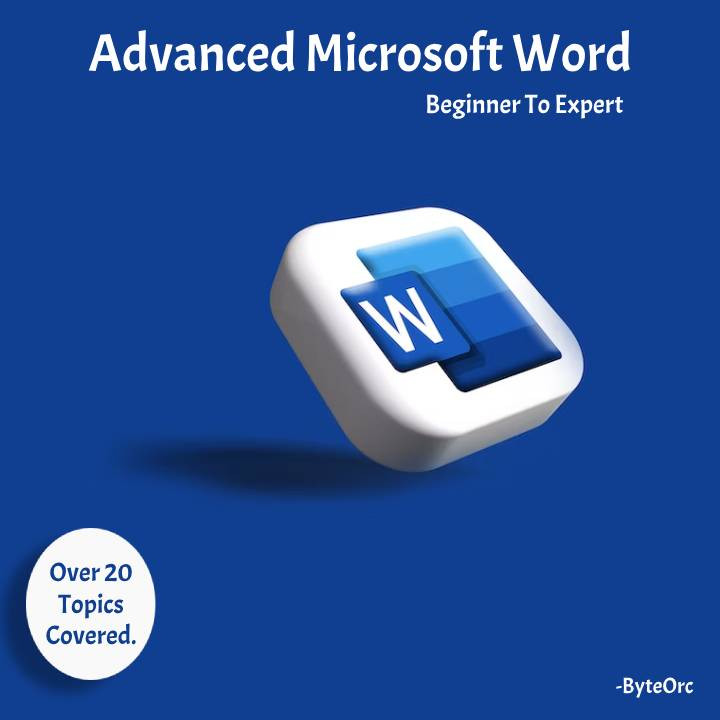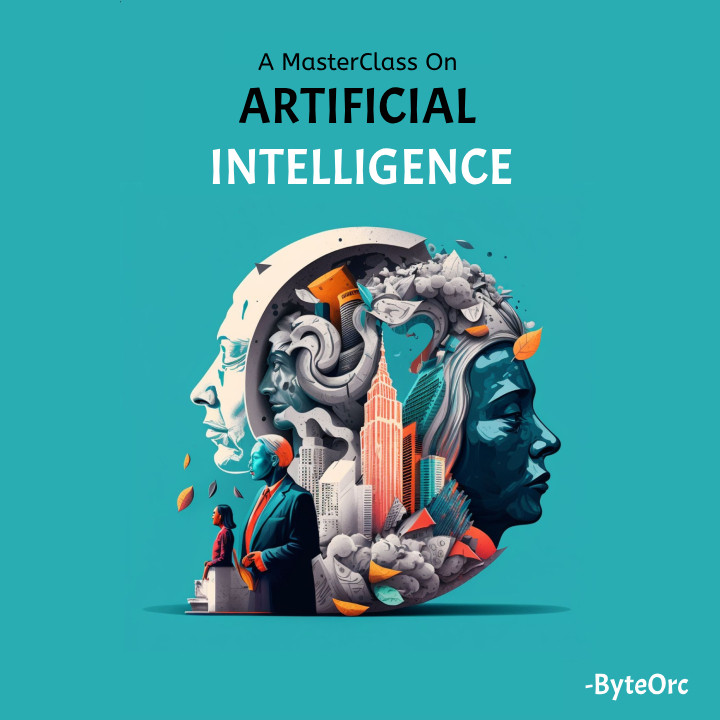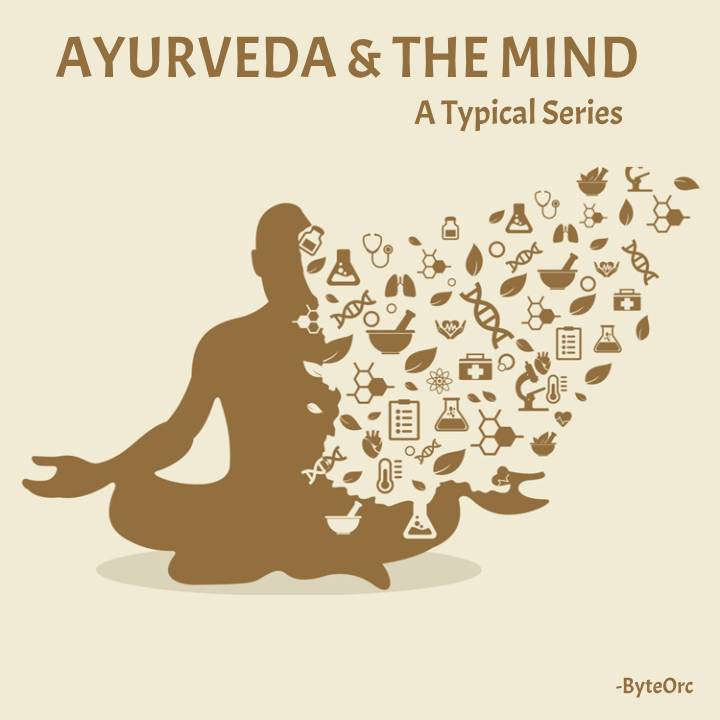This Internet of Things (IoT) Mastery Series is a comprehensive learning program designed to take you from a beginner to an advanced level in IoT concepts, technologies, and practical applications. IoT is revolutionizing industries, from smart homes to healthcare, and this series will help you understand how devices communicate, collect data, and interact with the world around us. Whether you're a developer, engineer, or enthusiast, this series will provide the knowledge and hands-on experience to excel in the rapidly growing field of IoT.
Key Features of the Series
1. Introduction to IoT
- What is IoT? Understanding its components: devices, sensors, connectivity, and cloud.
- Real-world applications of IoT in smart homes, healthcare, agriculture, and more.
- Key challenges in IoT, including security, data management, and scalability.
- The role of IoT in the future of technology and innovation.
2. IoT Architecture and Components
- The fundamental architecture of IoT systems: sensors, actuators, processors, and communication modules.
- Communication protocols used in IoT (Wi-Fi, Bluetooth, Zigbee, LoRaWAN, MQTT).
- Overview of IoT devices: sensors, microcontrollers (Arduino, Raspberry Pi), and embedded systems.
- How to design IoT systems: from devices to cloud and everything in between.
3. Building Your First IoT Project
- Setting up an IoT device using Arduino or Raspberry Pi.
- Connecting sensors and actuators to collect and control data.
- Writing simple code to interact with sensors (e.g., temperature, humidity, motion).
- Creating your first IoT project: turning data into action through automation.
4. IoT Communication Protocols and Networking
- Detailed explanation of IoT communication protocols: HTTP, MQTT, CoAP, and more.
- How devices communicate over the internet using APIs and cloud platforms.
- Connecting IoT devices to cloud services (AWS, Google Cloud, Microsoft Azure).
- Introduction to low-power wide-area networks (LPWANs) for IoT devices.
5. Data Collection, Processing, and Storage in IoT
- How IoT systems collect and store massive amounts of data.
- IoT data processing: edge computing vs. cloud computing.
- Data storage solutions for IoT, including databases, time-series data storage, and cloud platforms.
- Real-time data processing and analysis for actionable insights.
6. IoT Security and Privacy
- Security risks in IoT and how to mitigate them: encryption, authentication, and access control.
- Best practices for securing IoT devices and networks.
- Privacy concerns and regulatory compliance for IoT systems (GDPR, HIPAA).
- Understanding vulnerabilities and how to protect data from breaches.
7. Advanced IoT Concepts
- Introduction to IoT protocols like Zigbee, Thread, and 5G for industrial IoT.
- Exploring the Internet of Medical Things (IoMT) and its applications in healthcare.
- IoT in smart cities: traffic management, energy consumption, and public safety.
- AI and IoT integration: making IoT smarter through machine learning and predictive analytics.
8. IoT for Business and Industry
- How businesses use IoT for operational efficiency, predictive maintenance, and customer engagement.
- Case studies of successful IoT deployments in industries like manufacturing, agriculture, and logistics.
- Building a business model around IoT: cost-benefit analysis and ROI.
- The future of IoT in industrial automation and Industry 4.0.
9. Hands-On Projects and Practical Application
- Building real-world IoT projects: smart home automation, weather stations, health monitoring systems, etc.
- Connecting IoT devices to cloud platforms for remote monitoring and control.
- Exploring IoT tools and platforms (e.g., Blynk, ThingSpeak, Node-RED).
- Working with APIs and building IoT dashboards for real-time data visualization.
10. Future Trends and Innovations in IoT
- The future of IoT with 5G, AI, and edge computing.
- Exploring new IoT-driven technologies: autonomous vehicles, smart grids, and wearable tech.
- Challenges and opportunities in scaling IoT systems globally.
- The role of IoT in shaping smart ecosystems, smart cities, and smart industries.
Who Is This Series For?
- Aspiring IoT developers and engineers who want to dive into the world of connected devices.
- Tech enthusiasts interested in exploring how everyday objects are becoming "smart."
- Business professionals looking to leverage IoT for innovation, efficiency, and growth.
- Students and researchers focused on IoT, smart technologies, and digital transformation.



